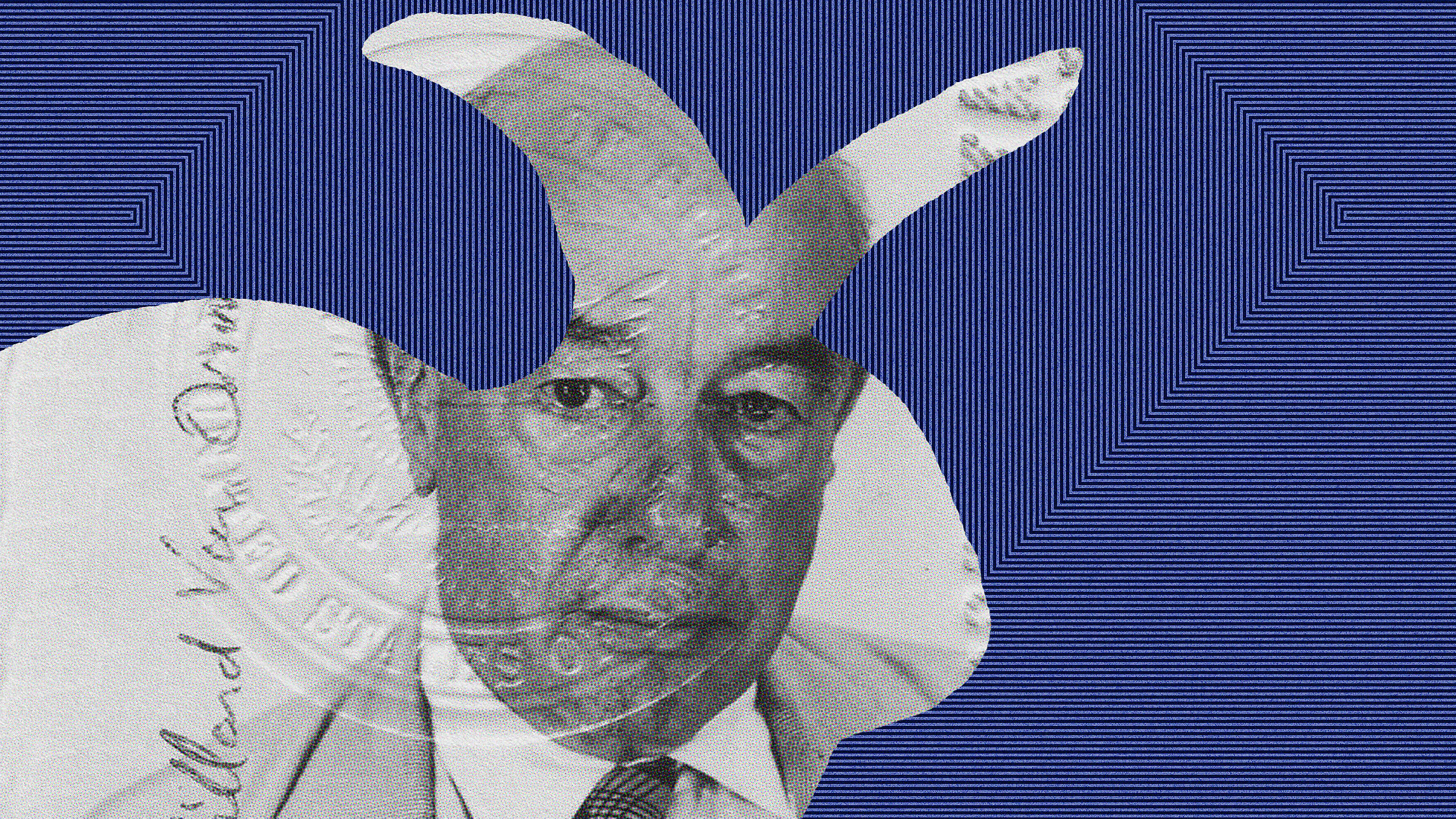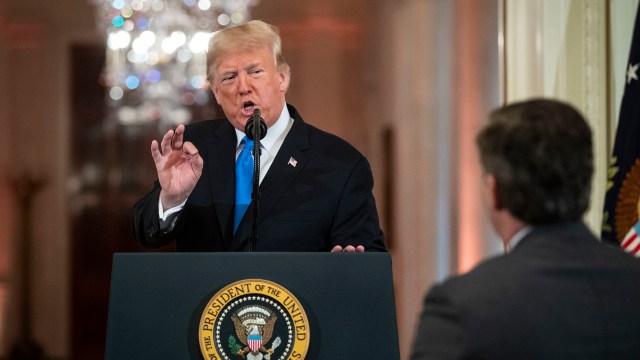Compelling speakers do these 4 things every single time

Former U.S. President Barack Obama speaks during a Democratic Congressional Campaign Committee rally at the Anaheim Convention Center on September 8, 2018 in Anaheim, California. (Photo by Barbara Davidson/Getty Images)
The ability to communicate effectively can make or break a person’s assessment of your intelligence, competence, and authenticity.
President Donald Trump, for example, is frequently noted for his every-man communication style, and the way he “tells it like it is.” In contrast, former President Barack Obama is often hailed as one of our nation’s greatest orators for his poise and eloquence. Robert Dallek, a presidential historian and author of An Unfinished Life: John F. Kennedy, 1917-1963, ranks Obama in the same class as historically renowned speakers, such as former Presidents Abraham Lincoln, Franklin Roosevelt, and John Kennedy, telling the Los Angeles Times that Obama “stands in that tradition in using poetry, literature and phrasing that is artistic.” Geoffrey Tumlin, the CEO of Mouthpeace Consulting and author of Stop Talking, Start Communicating, puts Oprah Winfrey and Madeleine Albright in the same category. “Oprah,” he says, “is a great example of connection plus preparation and someone who lets you really see who she is.” She expertly employs Tumlin’s three musts for powerful and persuasive communication:
Be Still
Learning to harness spazzy energy and erratic movements while talking, whether in a meeting at work or on stage in an auditorium, will give the impression that you are calm and in command. “There’s a lot of good research that suggests that we project influence and status on people who aren’t fidgeting around a lot when they are talking to people,” Tumlin says. He suggests watching Obama, whom he calls a master of stillness, at the White House Correspondents Dinner to see what elegant comportment looks like. “His poise,” he says, “projects gravitas.” In our frenetic world, there’s something deeply soothing about someone who can manifest a sense of equanimity and placidity. “Power is so characteristically calm,” English novelist Edward Bulwer-Lytton once wrote, “that calmness in itself has the aspect of strength.”
Steady Your Emotions and Be Prepared
It doesn’t matter if you’re preparing for a one-on-one meeting or presenting a Ted Talk, it helps to do your homework before opening your mouth. When there’s an intense underlying emotion beneath the desire to communicate something, we tend to hyper-express a messy tangle of words that fail to capture what we’re really trying to say. That’s all wrong. Find your center, perhaps with a breathing exercise or five minutes of meditation to calm the inner storm, and prepare. “Almost no one goes to a public speaking engagement unprepared,” Tumlin points out, but we frequently do just that for crucial conversations with close friends and family — or for one-on-one situations at work because it’s not nearly as daunting as talking in front of dozens or hundreds of people. “In the absence of that fear, they don’t prepare,” he notes, but those intimate tête-à-têtes are “where some of the most important conversations of our life happen.” Tumlin, who’s been a communication scholar, educator and expert for 20 years, stresses: “If the conversation matters, prepare for it. Period.”
Be Yourself
“The whole goal in interpersonal communication and being influential,” Tumlin says, “is to be yourself minus distractions,” like fidgeting or bringing high octane emotionality and unpreparedness to a situation. He cites Obama, Trump and Winfrey as examples of political and cultural leaders who evince authenticity: “You never get the impression that they’re acting.” That’s crucial because “everybody knows when you’re trying to be someone that you’re not.” And the payoff for being yourself may bring you unexpectedly high returns: “I had no idea that being your authentic self could make me as rich as I’ve become,” Winfrey jokes, “If I had, I’d have done it a lot earlier.”
Record Yourself
Tape your next presentation or meeting to see where you’re missing the mark. “Get some footage and get somebody to give you feedback,” Tumlin suggests. Even if you fumble the first several (hundred) times, Tumlin encourages the insecure or faint-hearted to keep at it, noting that both Presidents Jimmy Carter and George W. Bush were considered blazingly bad public speakers at first, but dramatically and steadily improved with continued practice.
— Published on September 28, 20
Reprinted with permission of Thrive Global. Read the original article.





